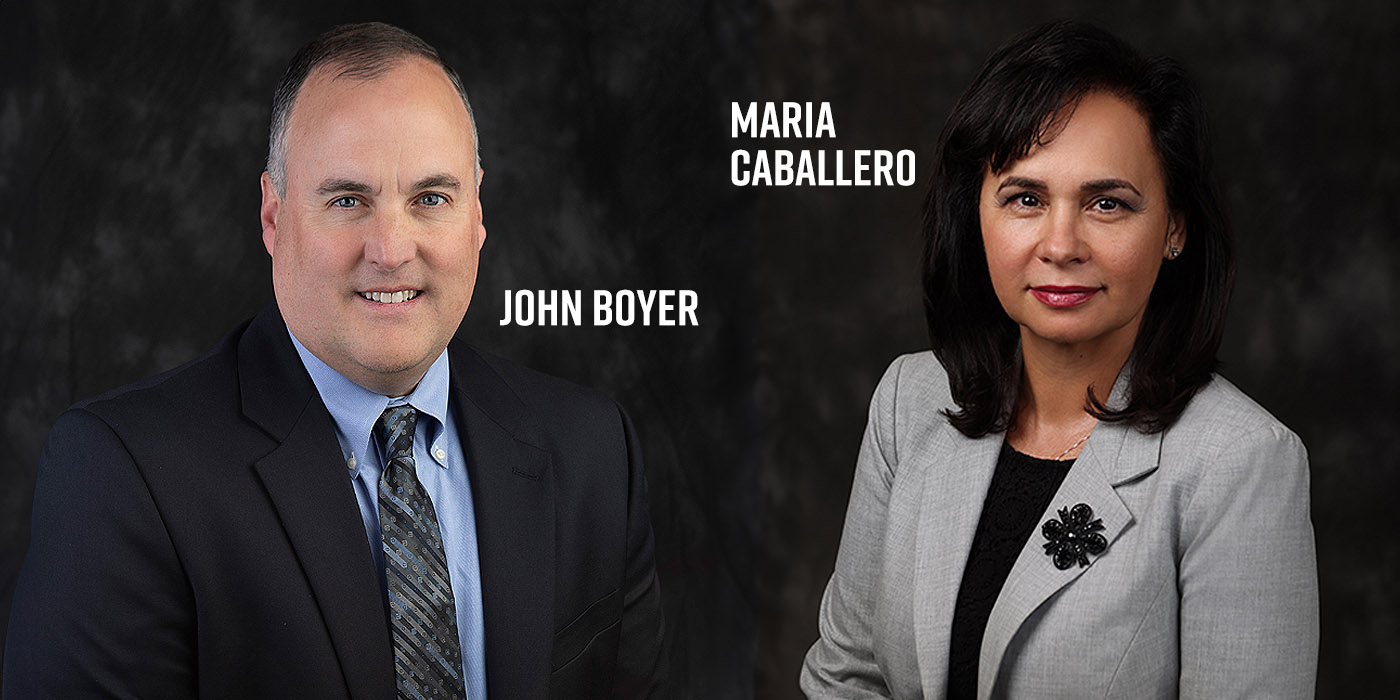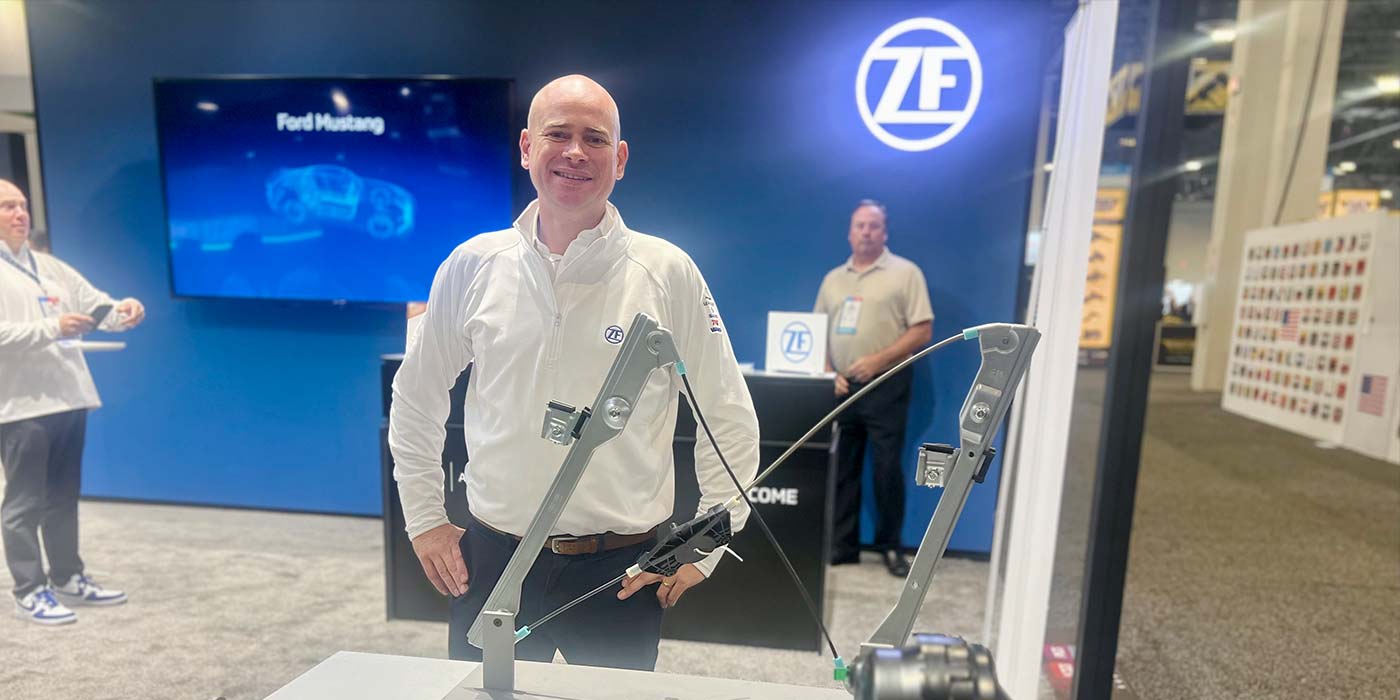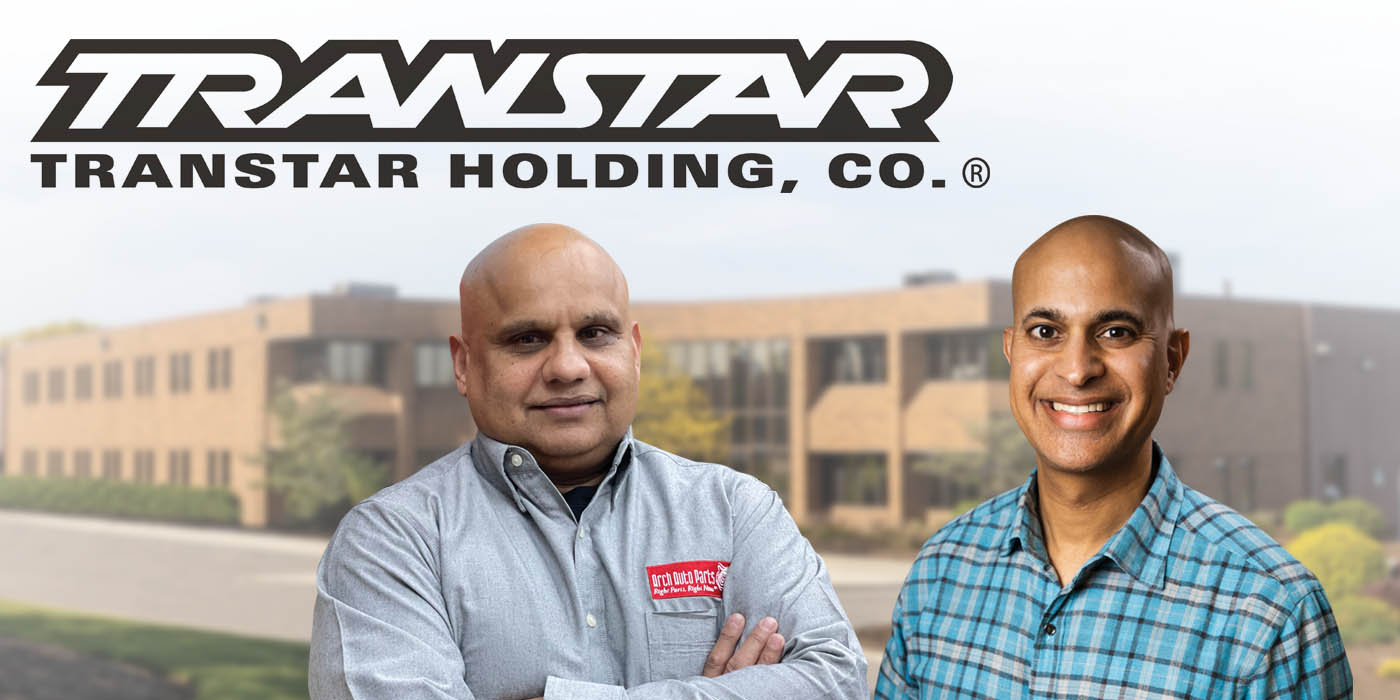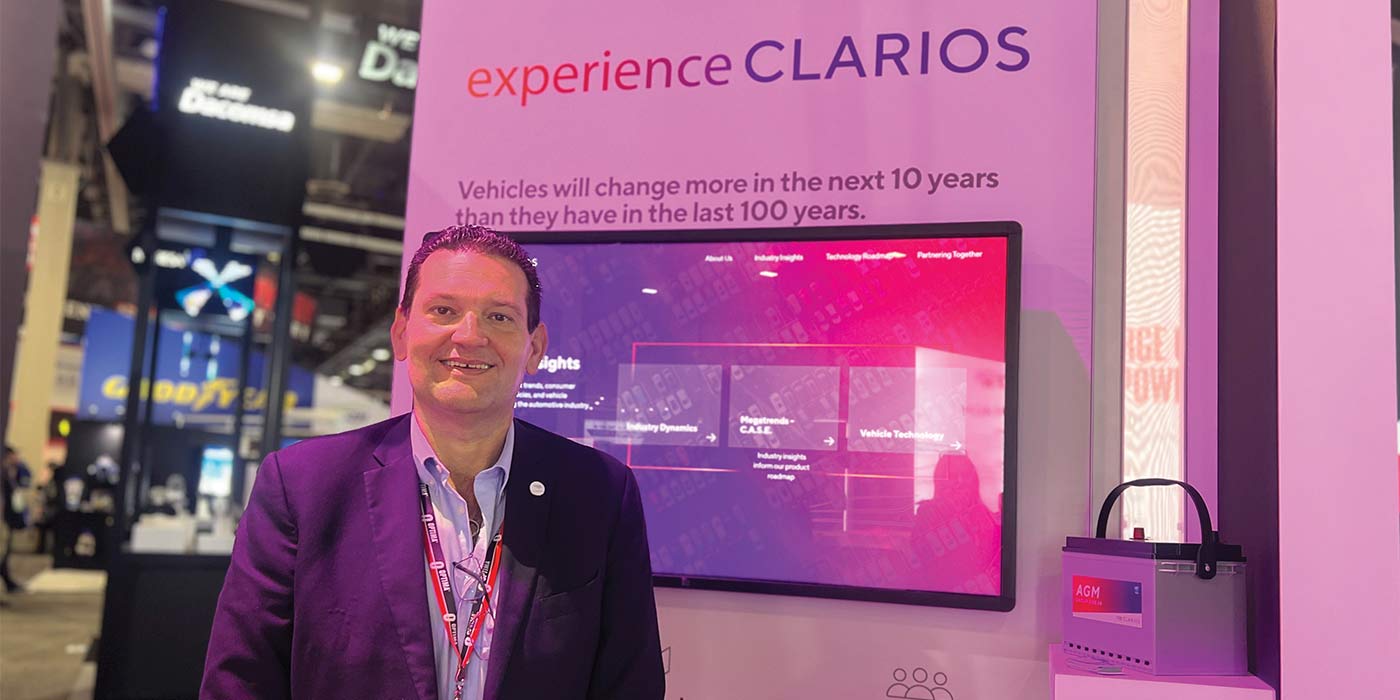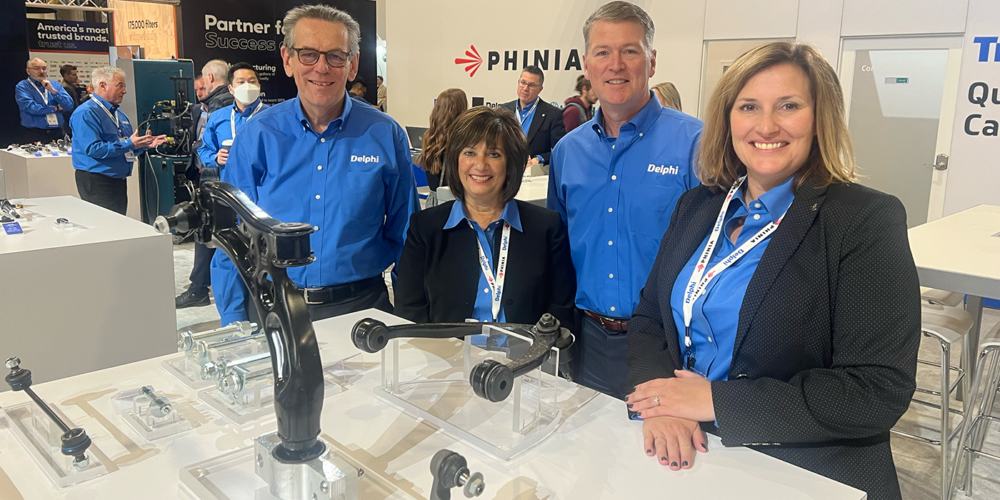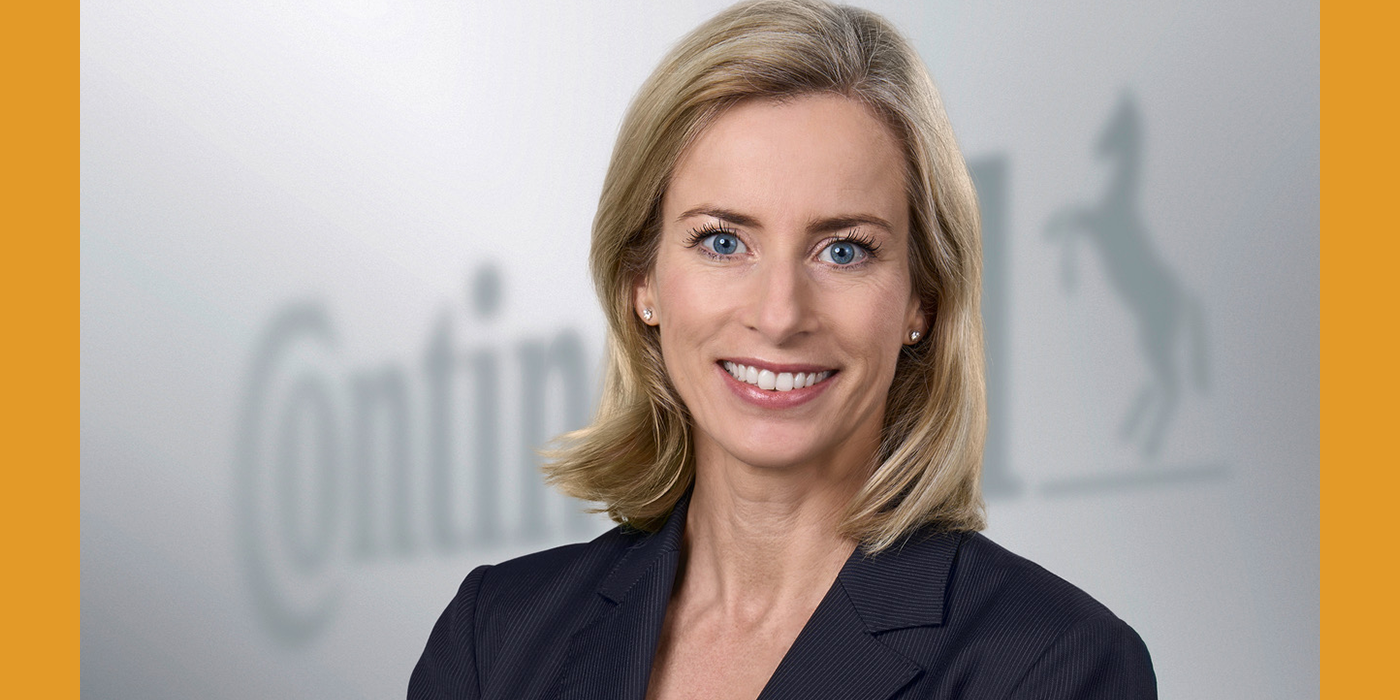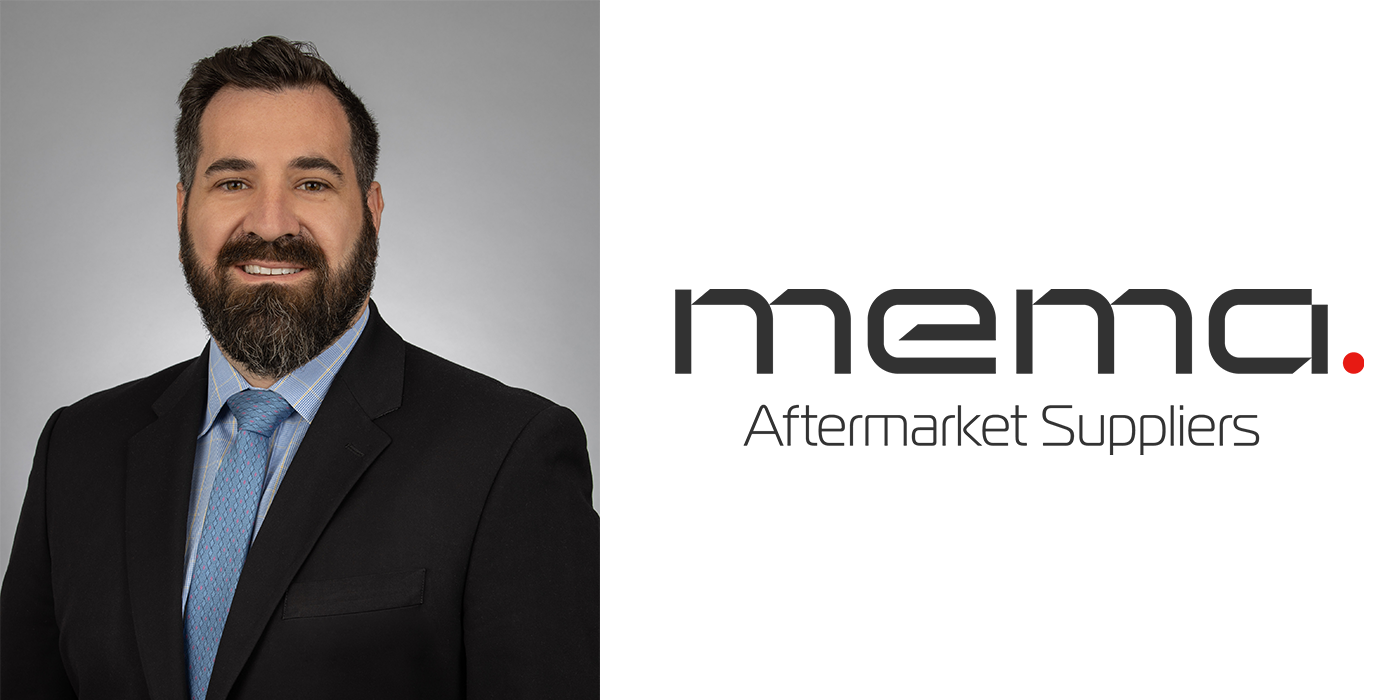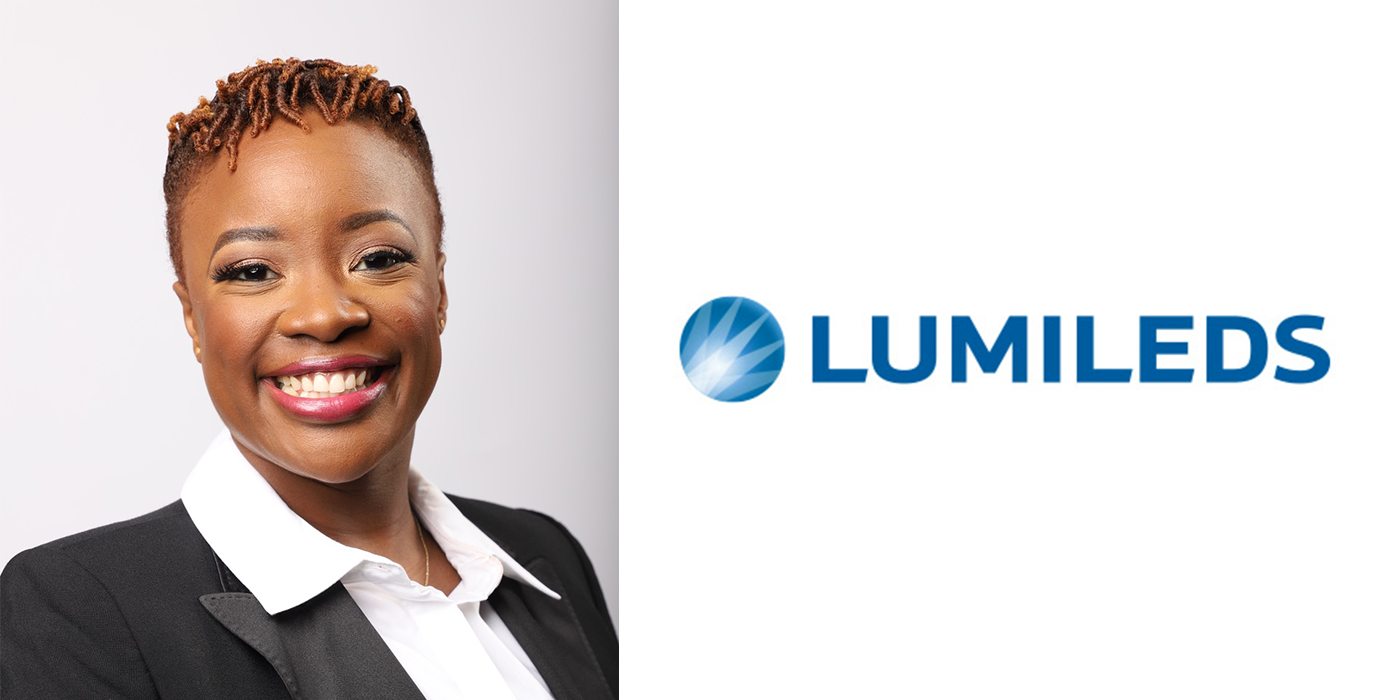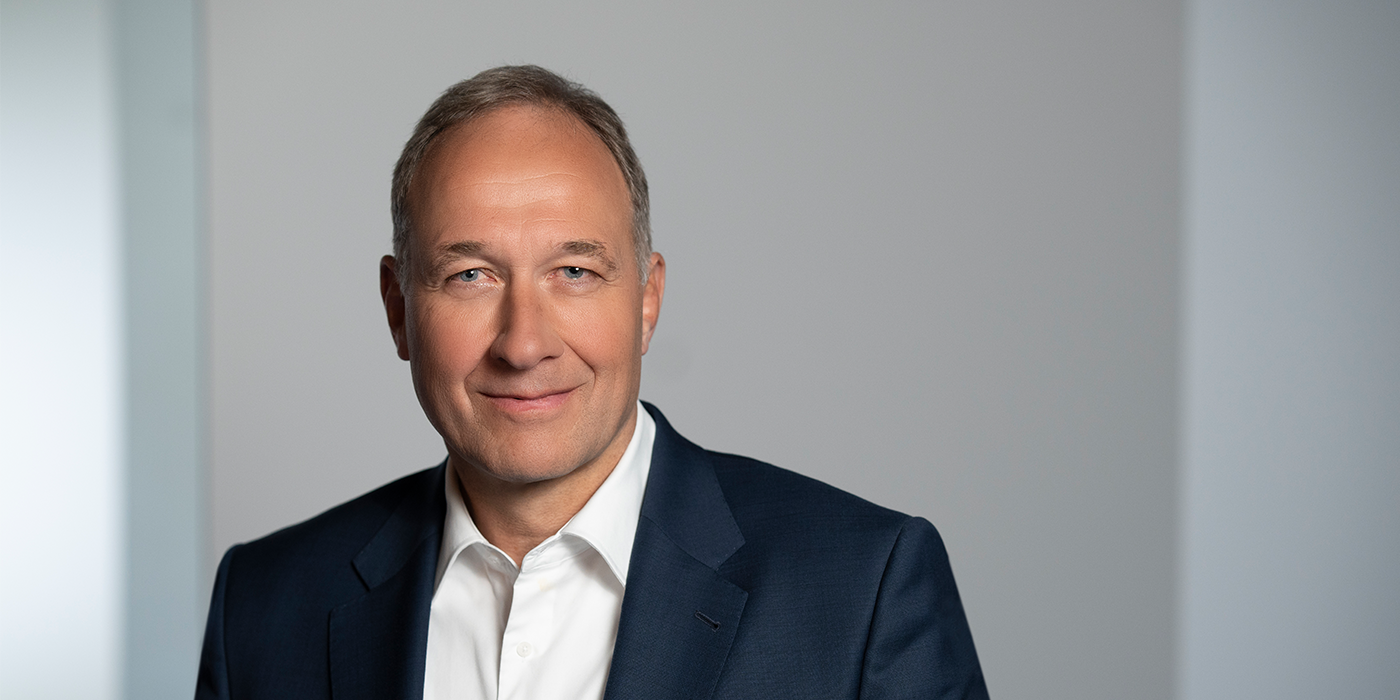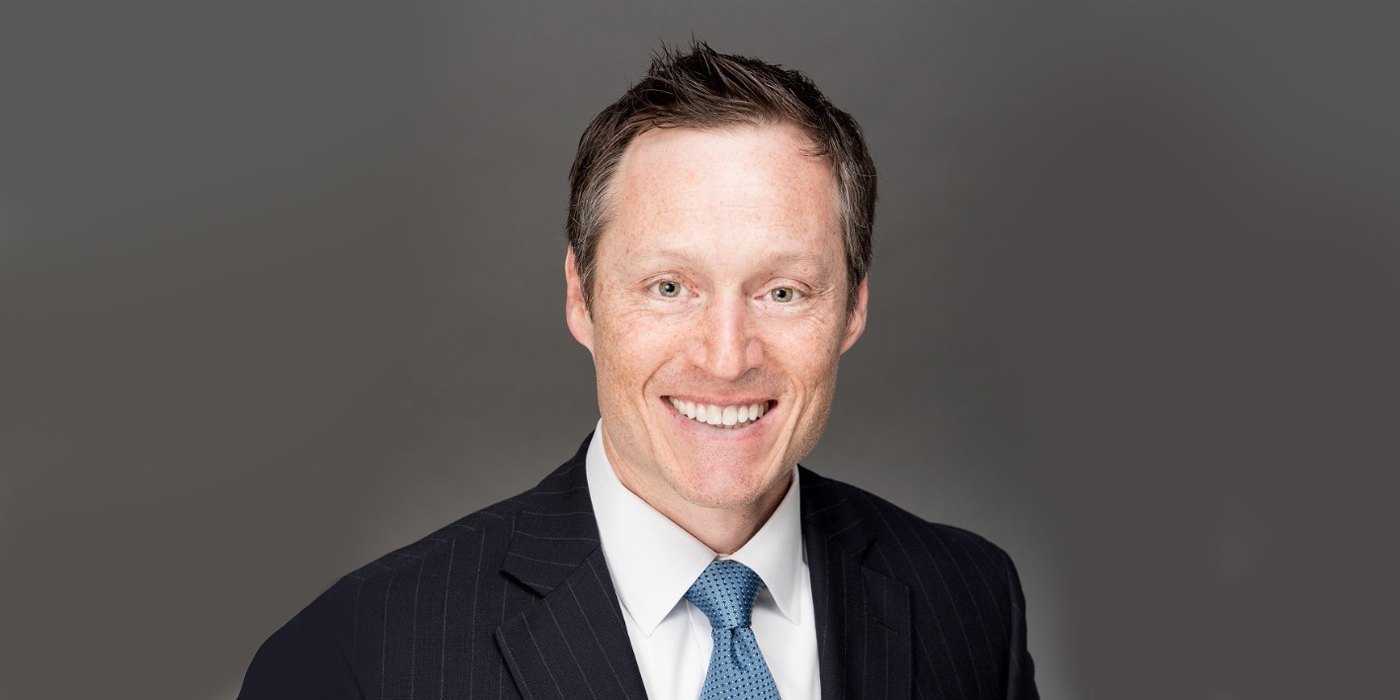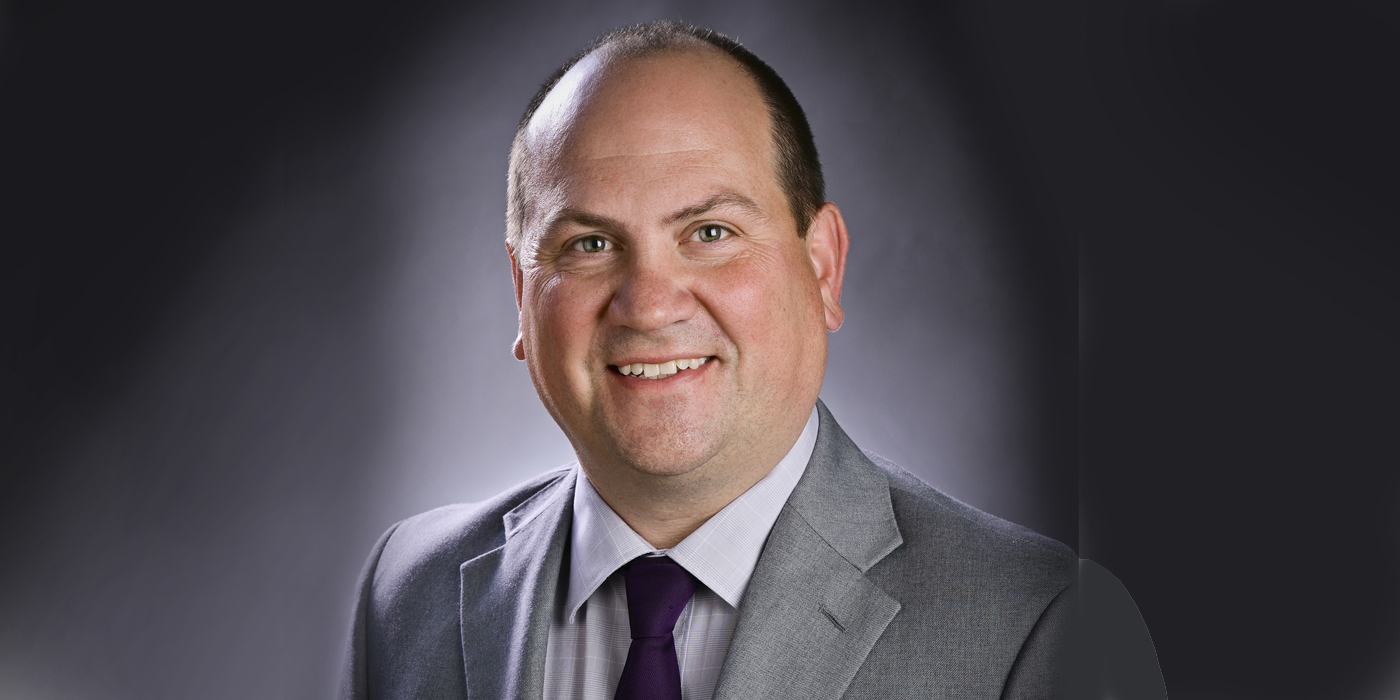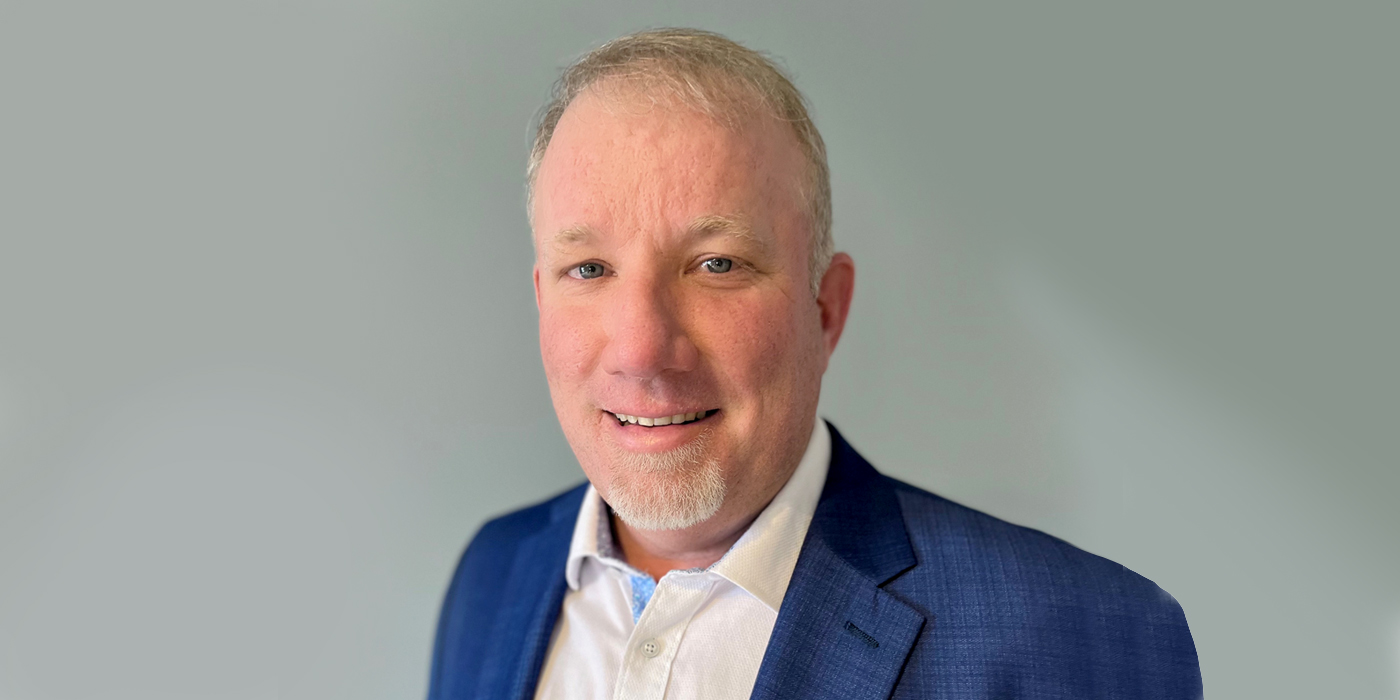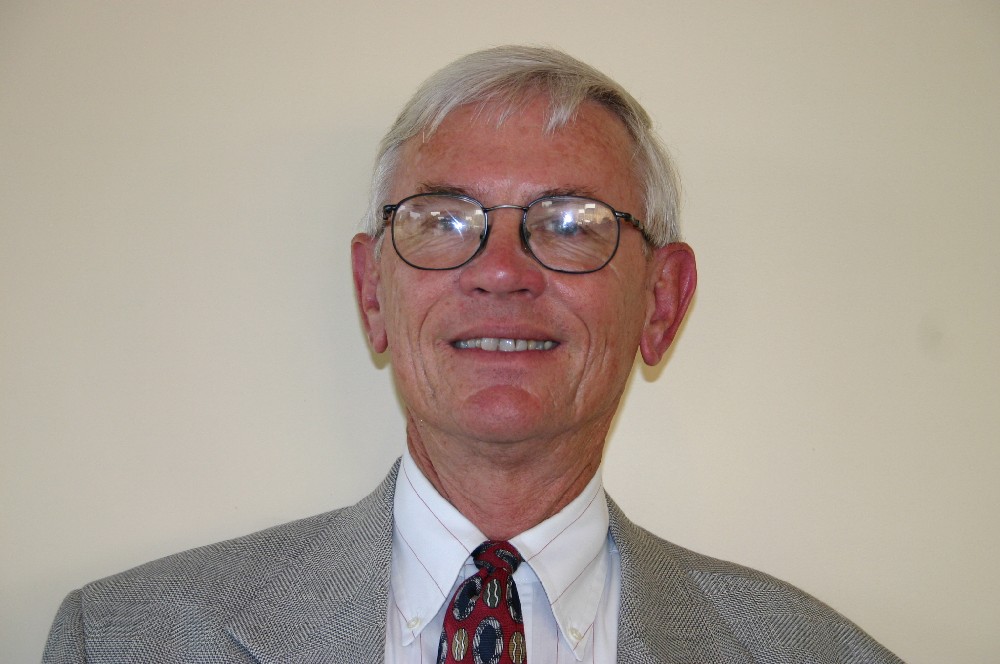 ELK GROVE VILLAGE, IL — Rod McKenzie, president of Penray, began his business career as a sales engineer for Nalco Chemical Co. After a number of promotions at several locations, he eventually became vice president and general manager, heading five of Nalco’s business segments. One of those segments is now Penray’s Heavy-Duty Division.
ELK GROVE VILLAGE, IL — Rod McKenzie, president of Penray, began his business career as a sales engineer for Nalco Chemical Co. After a number of promotions at several locations, he eventually became vice president and general manager, heading five of Nalco’s business segments. One of those segments is now Penray’s Heavy-Duty Division.
Penray was one of several small businesses that Nalco purchased in the mid 1980s. This acquisition strategy did not work out for Nalco, and in the early 1990’s, Nalco decided to divest all the companies it had purchased. After 25 years in the business, McKenzie saw strong similarities between Nalco’s heavy-duty segment and Penray’s automotive business, and made an offer to buy both segments in 1992.
This seems to be a time of growth for Penray, as the company is increasing marketing initiatives and expanding business opportunities. What kind of a year do you think 2007 will be for Penray, and what are your goals for the next five years?
Due to a staff of very capable people and an operating philosophy that allows all new ideas the opportunity to surface, we have been fortunate enough to develop a business plan that has proven to be quite successful. Penray’s greatest strength is the very high quality standards we employ in assuring our products perform as advertised every time. Other strengths are the wide breadth of our product lines, the fact that we manufacture each of our products and the ability we have to carry inventory and turn orders over in 24 hours on a consistent basis. These are qualities most customers really seek.
By wisely spending advertising funds to promote our strengths, we have seen a significant pick-up in both sales and profits. We had a record year in 2005 and expect to top that in 2006. [I think] 2007 should be extremely strong based on two facts: an expected easing of raw material costs and a number of new product offerings that are currently being developed in our research facilities. About two years ago we decided to really emphasize new product development and the results of our research expenditures should begin hitting the streets in 2007.
As far as looking five years into the future, who knows? I can tell you we will continue to invest in research and marketing. I believe we have the ability to almost double the size of our company in five years and that is an internal goal espoused by all of our managers. That thought process dominates our strategic planning meetings.
You have made some personnel changes at Penray recently. Tell us about those and how they have been accepted by your employees as well as your customers?
My personal philosophy about personnel is that “you are only as good as your people.” Therefore, we set high standards for each position, and through peer pressure, assure everyone pulls their own weight. It really is quite impressive to watch how well our people work together with the end goal of pleasing the customer. In fact, our motto is “One Team-One Direction.” This is printed on most internal literature and we all strive to live up to it. We recruit very carefully and pay top dollar for our people because they are our most precious asset. You will find that at Penray we encourage people at all levels to make their own decisions without fear of recrimination. This means we can more quickly resolve issues with customers before they become real problems. Our feedback, to date, is that we are respected by our customers for our honesty and resolve to provide more than expected.
You recently promoted Sarkis Aroyan to the position of sales manager – international division. Do you see international sales as a growth area for Penray?
In the past, our international business has been unstructured. We accepted orders but have never put any significant investment into this area. We anticipate we can grow this business by 500 percent over the next few years if we get serious about it. Sarkis is one of our top sales people and he has good international experience. We are very excited about his management potential in this arena, and we have put in place a plan to profitably grow this business.
Penray has a history of innovation in automotive chemicals. Do you have any new products in development that you can talk about?
It is always best to wait to see how the products are received, but just as a teaser, how about some significant breakthroughs in corrosion control of almost all metals via spray-on-chemistry, or how about a series of new products that improve tire safety and wearability? Of course, we have been working successfully for several years now on new biodiesel additives as well as new chemistry to reduce VOC’s and hazardous air pollution. Another area of interest to us is in graffiti removal on school busses and in other areas. We have discovered there is a whole series of new product concepts available if we explore completely different chemistry than the “tried and true” molecules most people in our industry blend together. But, of course, that means new manufacturing techniques, new safety requirements and a good understanding of the properties of these new materials.
Besides having an automotive division, Penray also has heavy-duty and marine divisions. How do you decide to allocate your resources and manpower so all divisions are running efficiently?
We have found that each division is different in terms of customer needs. Therefore, we have separate sales and marketing forces for each. That way, we create passion among our people in their particular business segment. This system also causes some friendly internal competition which is fun for all. I believe the key to efficiency is to recognize where the best returns are, and then to allocate 75 percent of your resources in those areas. By providing some funding for currently less profitable areas, we are able to build new business areas that will be emerging in the future. Our international business serves as an example.
You recently re-launched your website, http://www.penray.com. Do you foresee increasing your business through the website? How is Penray staying at the forefront in regard to technology?
We view the web as a very important tool to educate our customers, provide instant feedback in certain situations and to promote our company. We get a tremendous number of hits each day. This most recent re-launch is only phase one. We envision even more customer interaction in the near future as we undergo phase two. Electronics is driving the future and if you want to grow, you must make the investment in new tools. For instance, we are now receiving and acknowledging a great number of orders electronically, and this saves money for both us and our customers. I must admit however, that I am a little nervous because we are in the middle of a major software upgrade that will impact every phase of our business. There is tremendous upside, but we must be very careful that our customers do not endure any short-term pain for these long-term improvements.
In your opinion, what are some of the major issues that the aftermarket will face in the next 10 years?
It is my view that the aftermarket will be very different 10 years from now. The continuous improvements in both technology and manufacturing means every surviving company is going to have to compete on a world-wide basis. It probably also means the bigger companies with more resources are going to get the lion’s share of business. We must be ready and able to serve these large customers. This means we must continue to find and hire the best minds available to help us win this battle. We will need ever-increasing new product offerings as engine technology changes. Finally, we will not be able to rely on the old chemistry or the old way of getting things to our customers. If you are going to survive and grow over the next 10 years you must change almost every thing you do today; manufacturing methods, shipping routes and means, information exchange, raw materials, etc. This means ever more vigilance and forward thinking on our part. We must always be, as they say, “thinking outside the box.”

